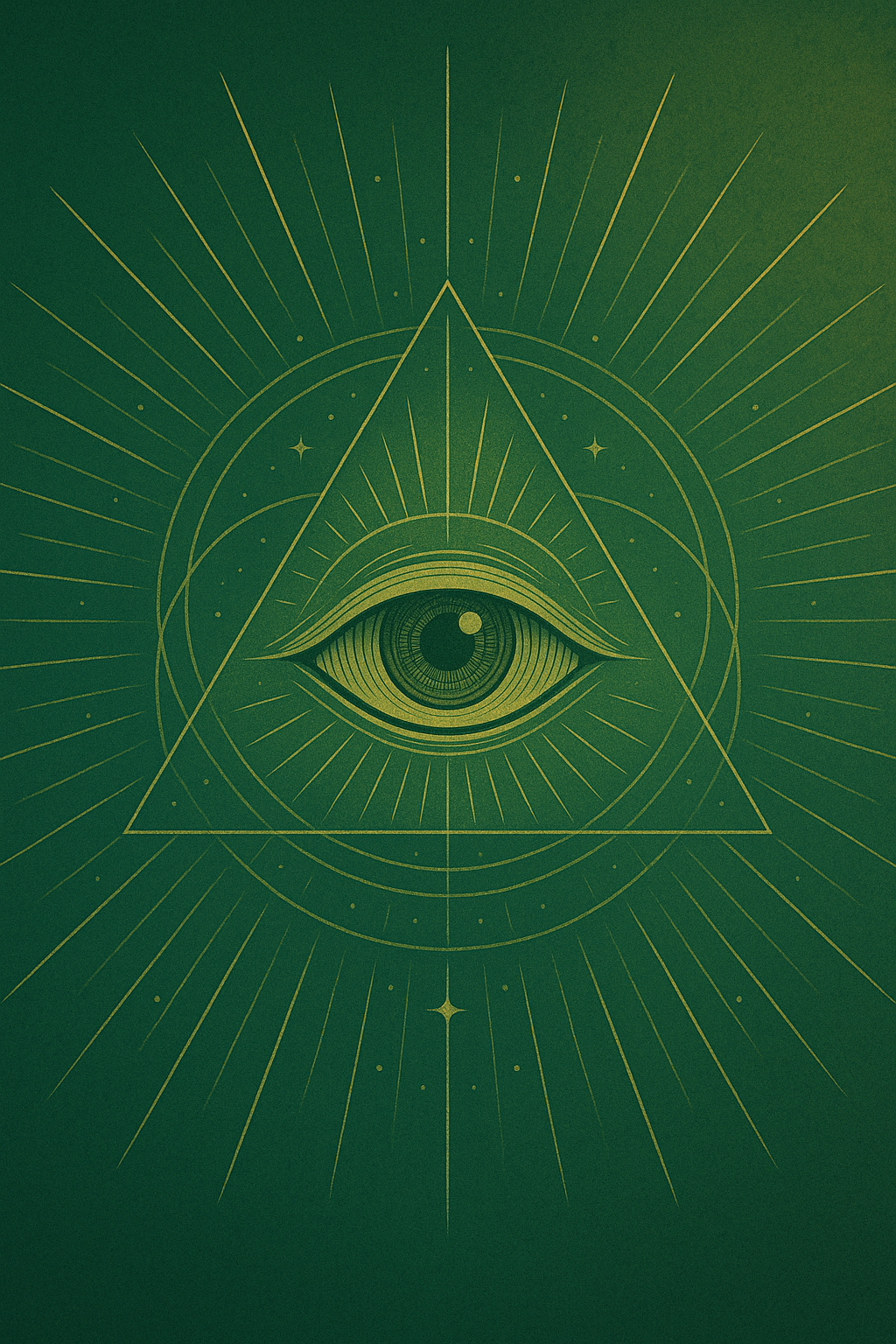Truth Seeker: Why This Virtue Is the Root of All Alignment

Truth Seeker: A Quiet Revolution of the Heart
There’s something noble — almost ancient — about a person who isn’t chasing the loudest voice in the room, but rather, the quiet resonance of what’s real.
In a world that rewards appearance, approval, and the perfectly curated persona, being a Truth Seeker is an act of quiet rebellion.
It’s not about having all the answers. It’s about being unwilling to settle for the ones that don’t ring true.
Are you on the path of truth? Join a community of conscious seekers and connect through deeper values. Try Sacrena
What Does It Mean to Be a Truth Seeker?
To be a Truth Seeker isn’t to walk around with a lantern like Diogenes, interrogating the world. It’s gentler — more inward than outward.
It’s the willingness to ask, “Is this true for me?”
Not in a self-centered way, but in a deeply honest way.
Truth Seekers are those who pause when the crowd rushes forward. Who get still when the noise swells.
They don’t accept inherited beliefs at face value. They’re not afraid to outgrow old narratives. And when they discover something false within themselves — a mask, a defense, a people-pleasing instinct — they don’t look away.
It’s Not Always the Easiest Path — But It’s Incredibly Rewarding
Being a Truth Seeker doesn’t always make life simpler — but it does make life more real.
It often invites us to shed layers, to evolve beyond what once felt familiar. But in doing so, we make room for relationships rooted in depth, purpose grounded in clarity, and a self that no longer feels split in two.
The path may feel quiet at times, but it is rich — full of nuance, integrity, and the kind of freedom that comes from no longer having to perform.
Who Are Truth Seekers, Really?
Truth Seekers come from all walks of life. Some wear stethoscopes. Others hold microphones.
Many of them don’t even know that’s what they are — they just have an inner compass that doesn’t allow them to accept things at face value.
- A therapist who doesn’t just listen for the story, but for the wound beneath it.
- A journalist who chases more than headlines — they chase context.
- A scientist who questions their own conclusions as much as their data.
- A teacher who lets their students challenge the curriculum.
- A partner who would rather have a hard truth than a soft lie.
It’s not about profession. It’s about posture — the way someone moves through life, always open, always curious, always willing to update what they believe in service of what is real.
How Can You Identify a Truth Seeker — In Others or in Yourself?
Truth Seekers often carry a subtle trait — not loud, but unmistakable. They ask questions when others nod along. They pause when others react. They're drawn to depth over consensus, insight over comfort.
You might recognize a Truth Seeker in someone who:
- Values direct, kind honesty over flattery.
- Is willing to admit when they were wrong.
- Often sits with questions longer than most.
- Doesn’t gossip — they inquire.
- Finds clichés unsatisfying and digs for what’s actually meaningful.
And if you're wondering whether you might be a Truth Seeker?
Ask yourself this:
Have you ever broken your own heart by leaving something that looked perfect from the outside — because it didn’t feel right on the inside?
Have you ever outgrown a belief not because you were forced to, but because you listened to that small voice inside that said, “There’s more”?
If so — then welcome. You’ve been on the path all along.

Why This Virtue Matters in Relationships
Truth isn’t just a personal virtue — it’s relational glue.
In partnerships, truth isn’t about brutal honesty or always saying what’s on your mind. It’s about authenticity. About showing up as you are and inviting the other to do the same.
Truth Seekers don’t just want connection — they want aligned connection. They value communication that’s sincere, love that’s rooted in mutual awareness, and intimacy that doesn’t shy away from the uncomfortable.
Craving conscious love rooted in truth? Find partners aligned with your inner values on Sacrena — the sacred relationship app for Truth Seekers.
They ask real questions. And they welcome real answers.
Because surface-level attraction can’t sustain a sacred relationship. But shared truth? That’s where lasting connection begins.
Truth-Seeking Isn’t Always Spiritual — But It’s Always Sacred
You don’t have to be mystical to be a Truth Seeker. You just have to be curious and courageous.
Sometimes truth is found in stillness.
Other times it’s found in therapy.
In deep conversations. In breaking generational patterns.
In walking away. Or in staying and speaking the one thing you were taught never to say.
There’s something spiritual about peeling back the layers — not to impress or to fix, but simply to be in right relationship with yourself and the world.
In the Age of Filters, Truth Is Revolutionary
We’re constantly being sold versions of life: success in six steps, relationships that look good on Instagram, spiritual bypassing dressed as positivity.
But the Truth Seeker isn’t seduced by that.
They’re drawn to what’s raw, unfinished, in-process.
They know that real doesn’t always look pretty — but it always feels right.
In an age of filters, chasing truth — not perfection — is a spiritual path.
It’s not the loudest one.
But it might be the most essential.